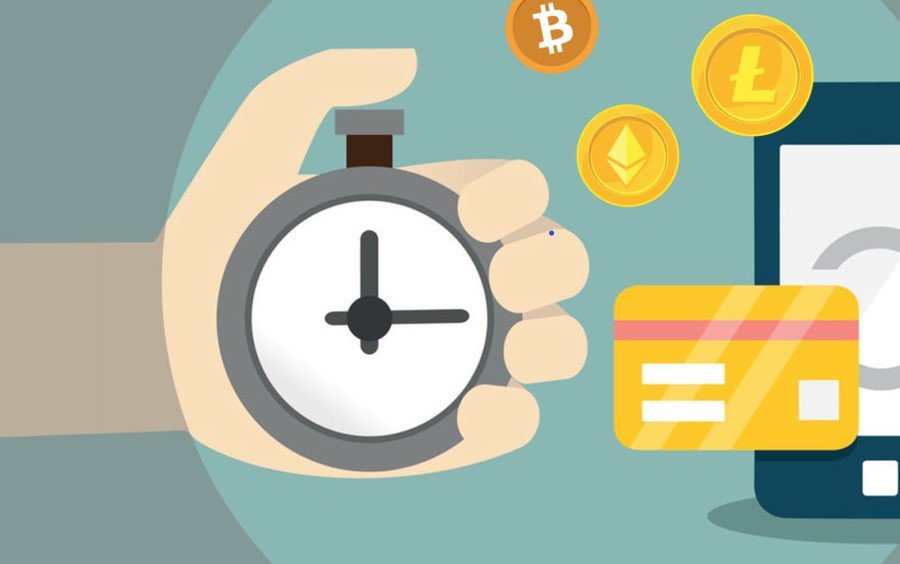What Is Tokenized Time?
Tokenized time means turning a person’s available work hours into digital tokens on a blockchain. These tokens, often called time-based assets or service tokens, represent a fixed amount of time someone is willing to work. For example, one token might equal one hour of consulting, coding, tutoring, or design service.
These tokens can be bought, sold, or traded on crypto marketplaces. The idea is similar to how NFTs represent art or music. But here, instead of owning art, you’re buying access to someone’s time and skills.
How It Works
The system of tokenized time uses smart contracts to define what each hour or token includes. Once a token is minted, it is stored on the blockchain and can be sent or traded like any cryptocurrency or NFT utility.
Here is a simple overview of the process:
|
Step |
Description |
|
1 |
A service provider creates a time token using a smart contract. |
|
2 |
Each token represents a specific service and time (e.g., 1 hour of graphic design). |
|
3 |
The tokens are listed on a decentralized marketplace. |
|
4 |
Buyers purchase the tokens with crypto or fiat. |
|
5 |
Buyers redeem the tokens to book the provider’s time and services. |
This model turns services into assets, making human time a part of the growing digital economy.
Use Cases of Tokenized Time
Tokenized time has many real-world applications. It can be used by freelancers, consultants, artists, and even therapists. Here are some common examples:
- Freelancers: Graphic designers, writers, and developers can sell their hours in advance.
- Coaches and Consultants: Life coaches or business advisors can pre-sell sessions as time tokens.
- Artists and Performers: Musicians or entertainers can offer time-based services for shows or private events.
- Educators and Tutors: Teachers can offer learning sessions through service tokens.
- Tech Support: Developers and IT experts can sell their availability for troubleshooting or coding help.
This approach gives both the provider and buyer more flexibility and transparency.
The Role of NFTs and DeFi Innovation
Tokenized time also connects with the world of NFT utility. Instead of just being collectibles, NFTs are gaining real functions. Time tokens can be minted as NFTs, giving them uniqueness and traceability. They can also include conditions, such as deadlines, use limits, or resale rights.
This idea fits well with DeFi innovation, which seeks to remove middlemen and create open financial systems. By using smart contracts, service providers don’t need agencies or platforms to handle their bookings. Everything is direct, secure, and stored on the blockchain.
Benefits of Selling Time as Tokens
There are several benefits for both service providers and buyers in this model:
For Providers:
- Upfront Payments: Get paid in advance by selling future time.
- Global Reach: Sell services to anyone around the world using crypto.
- Portfolio Diversification: Turn services into investable assets.
For Buyers:
- Transparency: Know exactly what you’re buying with each token.
- Tradability: Resell unused tokens on marketplaces.
- Access: Buy time from experts or creators who might otherwise be hard to book.
This system creates a win-win model that combines flexibility, transparency, and global access.
Challenges and Concerns
Despite the promise, there are some issues to consider:
- Valuation: How do you fairly price a person’s time?
- Scams and Fake Tokens: Without reputation systems, fraud could become a problem.
- Redemption: What if a token holder can’t reach the service provider later?
- Legal Gray Areas: Not all countries recognize crypto-based labor contracts.
As the space grows, these concerns will need solutions. Platforms will likely add identity checks, reviews, and conflict resolution systems.
Platforms Leading the Way
Some projects are already experimenting with tokenized time:
|
Platform |
Focus Area |
Description |
|
TimeSwap |
Freelance Services |
Lets users tokenize and sell time as NFTs. |
|
Kleros |
Dispute Resolution |
Offers decentralized justice for time contracts. |
|
Otis |
NFT Market |
Has supported creators selling time-based NFTs. |
While still new, these platforms show how tokenized time can become part of our digital future.
The Future of Time-Based Assets
The idea of turning hours into tokens may seem strange at first. But in a world where everything is becoming digital and decentralized, even time can become an asset.
As DeFi innovation grows, so will the creative ways people use it. Tokenized time allows for new business models, especially in the gig and creator economy. It gives control back to workers and offers buyers a new way to access skills and knowledge.
This may just be the start. In the future, we might see entire careers, mentorships, or corporate services built on time-based assets.
The tokenization of time is more than a trend. It’s a shift in how we value work and human capital. With smart contracts, blockchain, and NFT utility, hours of effort are now tradeable and trackable.
If this system grows, we could see major changes in how services are delivered, priced, and accessed. Time could soon become one of the most important crypto assets in the world.
